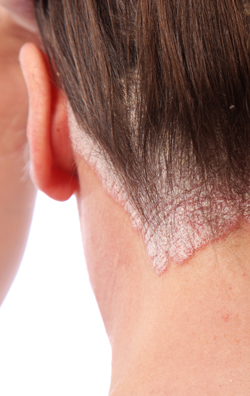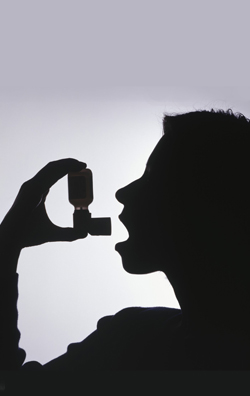
It is caused due to the inadequate intake of protein in the diet so it is also known as a nutritional disorder. It is widely prevalent among weaned infants and pre-school children in India and other developing countries. Protein is an important element required by our body for regeneration and repair of cells right from the time of pregnancy and childhood.
Kwashiorkor is a great threat for proper growth of children. Sometimes it can be very fatal if not treated on time.
1. Some of the major causes of kwashiorkor would be kidney disorders, chronic alcoholism. Infections. Prolonged nursing and late introduction of supplementary foods.
2. Unhygienic feeding habits which predispose a child to diarrhoea.
3. The practice of drastic medication and withholding of foods in an attempt to cure diarrhoea.
4. Lack of nutritional knowledge on the part of the mother.
Some of the symptoms would be as follows:
1. Growth failure manifested by decreased body length and low body weight inspite of oedema.
2. Mental changes such as lack of enthusiasm and become irritable.
3. Oedema in the feet, lower legs, hands, thighs and face.
4. 'Moonface'- full rounded face due to oedema.
5. Severe muscle wasting.
6. Damaged immune system, which can lead to more frequent and severe infections.
7. Skin and hair changes.
8. Anaemia and Vitamin A deficiency.
9. Biochemical changes such as serum albumin is lowered, Enzyme level in serum and digestive juices is decreased. Lipid metabolism is also affected.
10. Blood glucose level is lowered.
11. Electrolyte and water balance is affected. The sodium level is normal but there are chances of having a potassium deficiency.
12. Water is retained in the body which causes or results in oedema.
Some of the treatment methods includes:
1. An acceptable, readily digestible diet rich in protein and calories and adequate in other dietary essentials especially vitamin A, Iron and vitamin C.
2. An acceptable and readily digestible diet rich in protein and calories and adequate in other dietary essentials especially vitamin A, Iron and vitamin C.
3. Treatment of bacterial and parasitic infections (which may be present in the body) can be conducted.
Diet:
It consists of milk, sugar, cooked cereals and ripe banana. Fat is introduced into the diet from the second week of treatment. Vegetable protein mixtures along with sugar, cereals and ripe banana are recommended in moderate case of kwashiorkor.
Calorie: Calorie intake should be 140-150 k cal/kg of body weight.
Protein: The protein intake should be 3-5 gm/kg body weight.
Vitamins and minerals: Vitamin A should be given either orally or parenterally. Administration of folic acid and Iron salts is essential to treat anaemia which usually accompanies kwashiorkor.
Pottasium and Magnesium should be added to the diet daily. The treatment should be continued for a period of 4-6 weeks till the subjects fully recover and regain normal weight.





